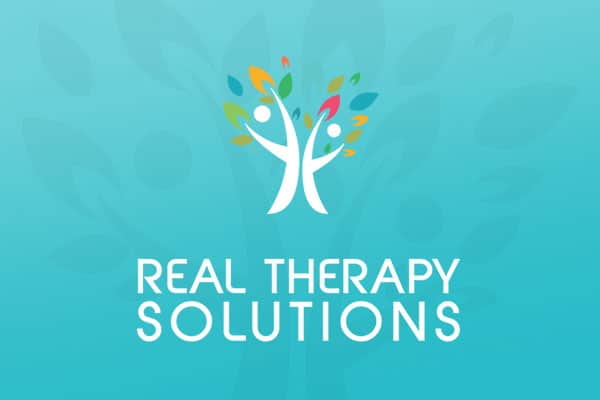
Psychology is about creating a supportive ‘team’ where both the Psychologist and the client/s co-captain the game of life. The role of a Psychologist is to support a client to ‘be their own therapist’, as is the credo of what we call Cognitive Behavioural Therapy or CBT for short. Through this support, the client is able to recognize, and then critically evaluate their own thoughts feelings and how they become actions, and hopefully, begin to understand and create a loving relationship with themselves. But how do we get there?
General expectations:
- Therapy is hard. It will take work and resilience to do it. Somedays we will feel amazing coming out of therapy and other days it will feel draining and difficult. This is completely normal
- We don’t want and is unlikely to ‘cure’ anything; we want to be able to manage and function in our day to day lives
- We aim to be independent and not feel like we will be in therapy forever, although check-ins are always good every now and then
- You don’t have to have a condition or a mental illness to see a psychologist
- There is no ‘quick-fix’. Therapy takes time and work and confronting our own prejudice’s, bias’s and insecurities and learning how normal and manageable they can be
Things we can expect from the Psychologist:
- Objective third party listening
- Open communication
- Specialized training and on-going research
- Sharing information based on evidence-based research and practice
- Asking a lot of questions
- Suggestions or guidance to realign our values
- Helping HOW to evaluate our situations
- Making mistakes
Things we expect from the client:
- Asking a lot of questions
- Practice of key points talked about in therapy
- Consistently turning up to appointments or calling when unable to
- Critically evaluate what the psychologist has said and asking for what you need
- Making mistakes
Therapeutic outline:
It’s hard to know where to start, and your Psychologist will help you create this ‘map’ of where we’d like to start vs where we’d like to end up. This won’t always happen and the model is subject to change, but having a map to start certainly helps up head in the right direction.
- The initial session:
a. This is usually a no-pressure getting-to-know-you session
b. The psychologist will take you through their role, and their legal and ethical obligations
c. We will ask lots of questions; some are personal. If it gets uncomfortable, ask your Psychologist why they need to know the information they’re asking for. It’s usually because it helps us understand the influencing factors of how you came to be who you are today
d. Sometimes we touch on general goals you might want to achieve
2. The next session:
a. We will flesh out goals, still lots of talking
b. Begin to create our frame work and a general plan
c. Will do some education about our goals and how our brains, minds, emotions work
3. Ongoing sessions:
a. This is when we start building the fundamental skills in more detail i.e. the skills that make up our goals
b. For example, if our goal is being better at emotional regulation, we look at recognizing emotions, how they influence us, the environment around us and our relationship (thoughts) about these
c. We work to build these base line skills to create a solid foundation for those bigger skills
d. We practice these in real life and constantly reevaluate how this goes, what base line skills we might need to improve to help with practice, etc.
All in all, we are wanting to create a fun, challenging, liberating and therapeutic alliance. We will make mistakes along the way, including your psychologist. If we treat everything in a mindset of curiosity, hardship becomes an interesting learning experience. We open up to ourselves and as a biproduct, open up to others. Learning to know ourselves is extremely powerful and ongoing journey.
“If we replace I with we, Mental Illness becomes Mental Wellness” – anon




